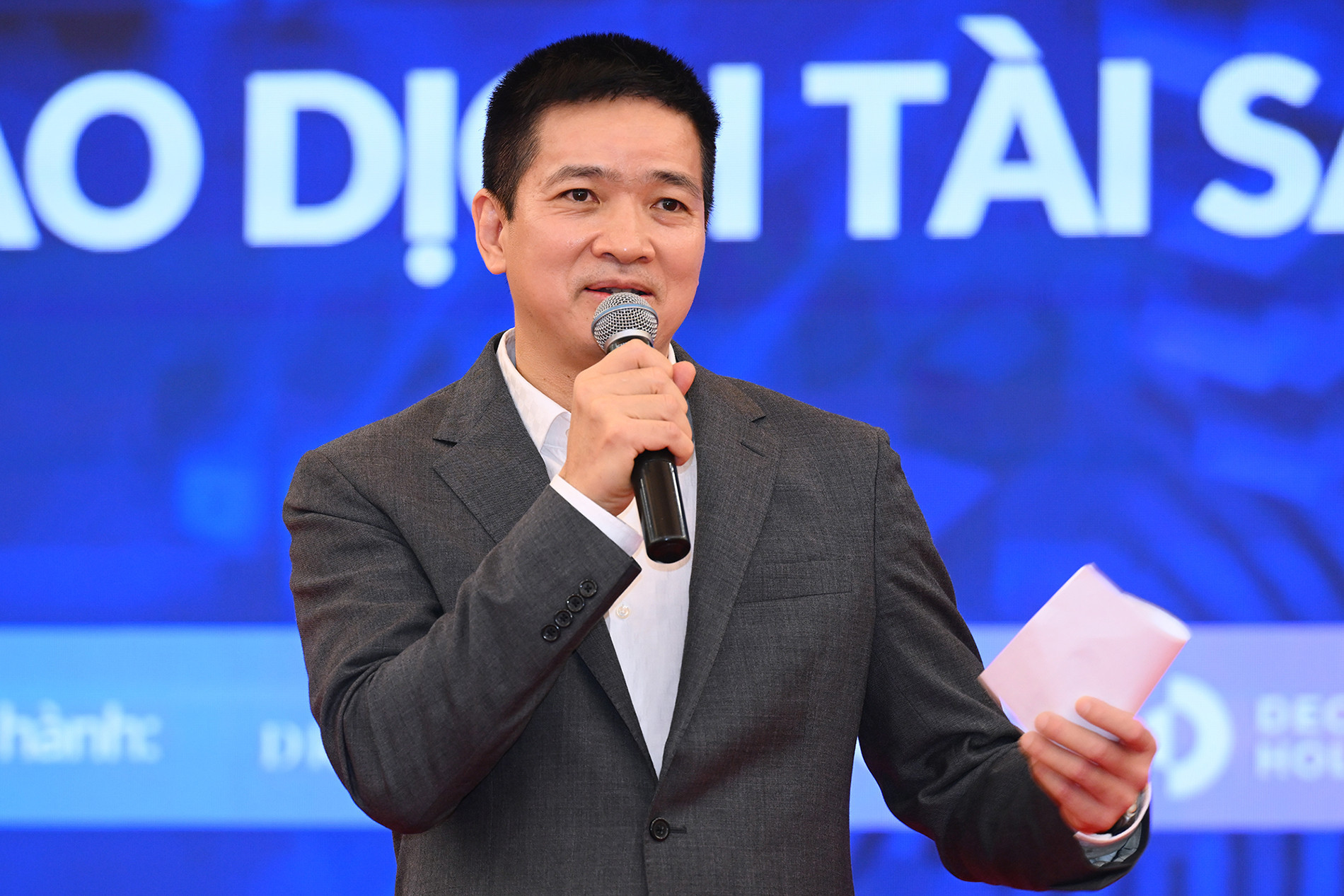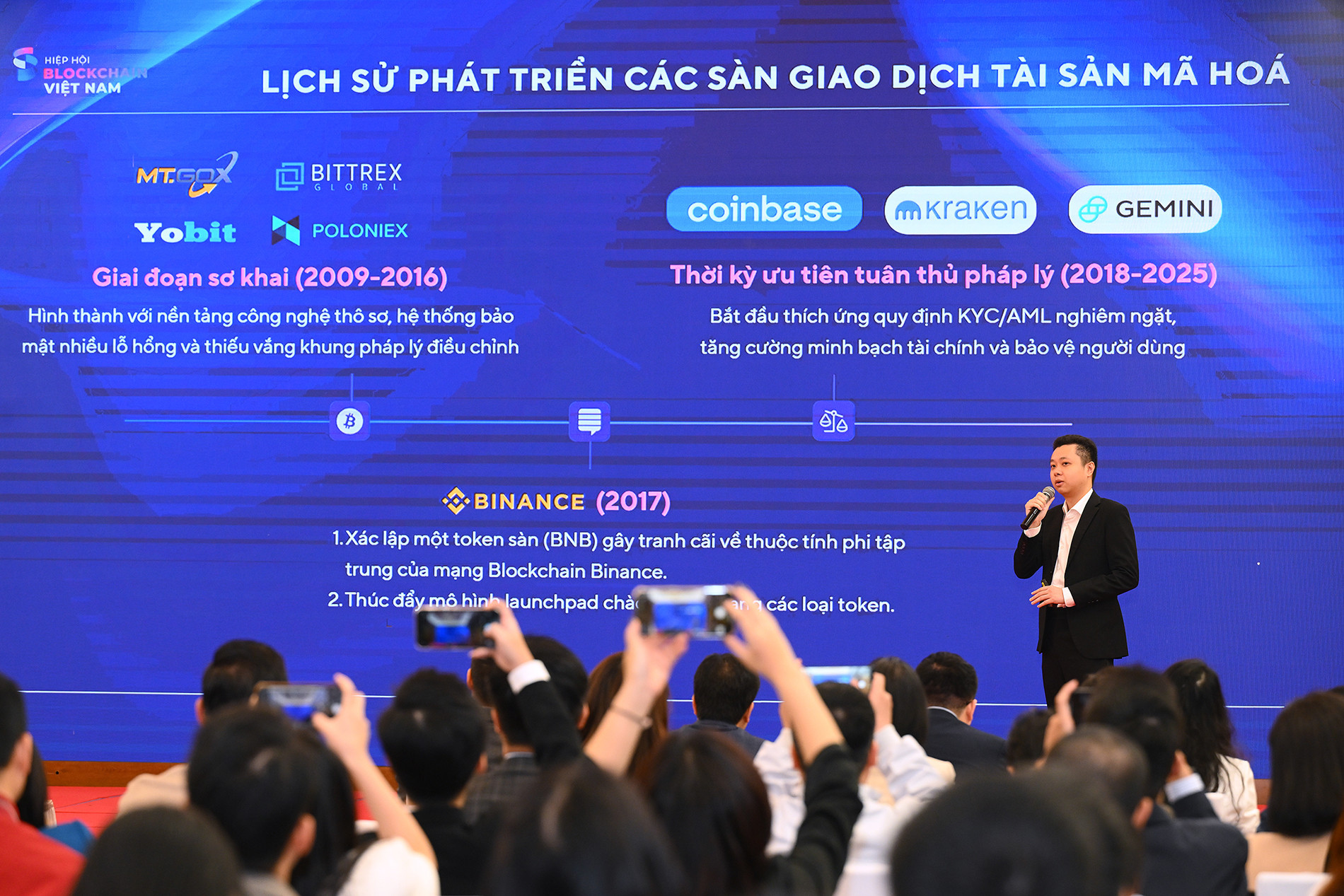
The urgent need for a legal framework for digital assets
To promote growth and keep pace with global trends, the Prime Minister has tasked the Ministry of Finance with drafting a resolution to pilot licensed cryptocurrency and digital asset exchanges.
This initiative will create a legal environment for investors, organizations, and individuals in Vietnam to trade, invest, and transact digital assets.
According to Chainalysis, Vietnam currently ranks among the top three countries globally in cryptocurrency adoption. Between July 2022 and July 2023, the flow of cryptocurrencies and digital assets into Vietnam reached $120 billion USD, a 20% increase compared to the $100 billion USD recorded between 2021 and 2022.
This reality highlights Vietnam’s significant potential for developing digital assets, while also calling for clear legal regulations to manage this emerging asset class.
Regulatory efforts and pilot exchange plans
During a workshop on managing and operating centralized digital asset exchanges organized by the Vietnam Blockchain Association, Phan Duc Trung, Chairman of the association, emphasized that the government's decision to pilot digital asset exchanges demonstrates a strong commitment to building a legal framework for managing digital assets.
He noted that legislating decentralized finance (DeFi) not only ensures the legal standing of digital assets but also fosters technological innovation, helping Vietnam leverage market potential from the rapidly expanding digital asset sector.
However, Trung cautioned that operating licensed exchanges would involve significant compliance costs, posing a challenge for companies with limited financial capacity.
Dangers of unauthorized crypto exchanges

While piloting digital asset exchanges presents development opportunities, the existence of unauthorized crypto trading platforms poses significant risks, particularly related to financial security and crime prevention.
Lieutenant Colonel Duong Duc Hung, Deputy Head of the Anti-Terrorism Department, Internal Security Bureau, under the Ministry of Public Security, warned that although Vietnam has not yet recorded any major terrorist financing cases involving cryptocurrencies, the risk is real and growing.
The Ministry of Public Security proposed strict policies to penalize unlicensed exchanges, including hefty fines and criminal prosecution if found to be involved in terrorist financing or money laundering.
In addition, Hung suggested publicly listing illegal exchanges to alert citizens and cooperating with internet service providers to block access to these platforms.
Ensuring safety and transparency
Dr. Hoang Van Thuc, Director of the Academy of Cryptography Techniques under the Government Cipher Committee, stressed the importance of technical standards for cryptographic security, stablecoins, and digital asset exchanges. Developing safety criteria and security certification protocols will ensure the reliable operation of the market.
From a financial management perspective, Nguyen Thi Minh Tho, Deputy Director of the Anti-Money Laundering Department, State Bank of Vietnam, emphasized that cryptocurrency exchanges must adhere to stringent anti-money laundering (AML) and counter-terrorism financing (CTF) standards. The State Bank will support businesses in complying with regulations to maintain financial security while fostering sustainable market development.
As the government moves forward with regulatory trials, addressing unlicensed exchanges and establishing a comprehensive legal framework are urgent priorities to create a transparent, safe investment environment and minimize illegal activities.
Van Anh